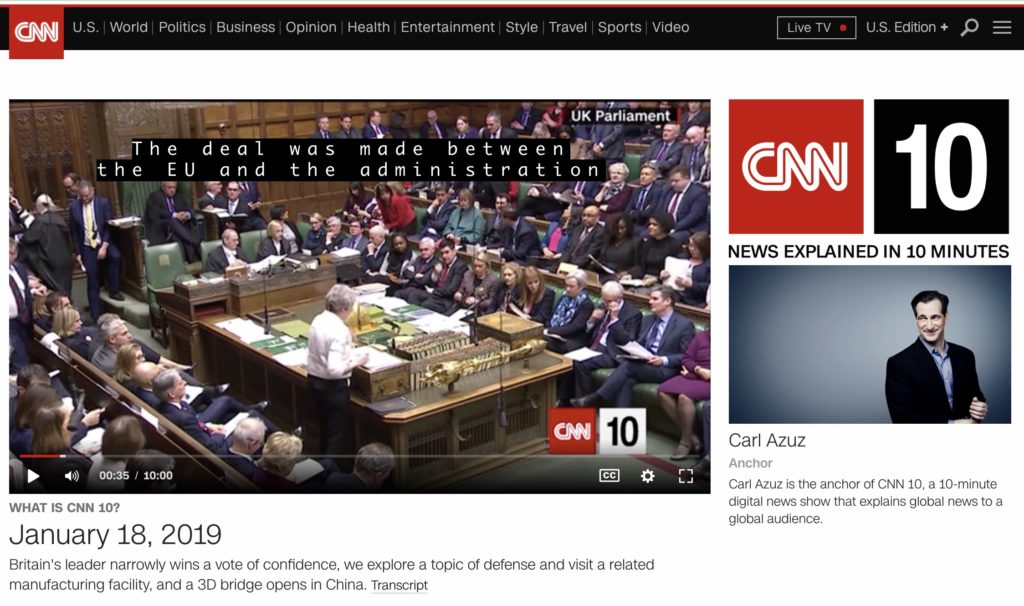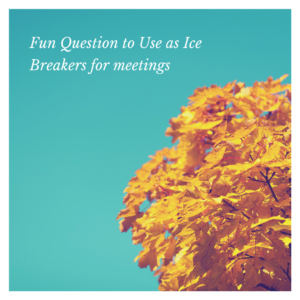I grew up in multicultural Canada. Just in my small group of friends there was me (franco-british), an Indian girl, a Lebanese girl, an Israeli girl, and a German girl. We loved to compare ourselves. We could spend all evening just playing “how do you say…in your language,” we would compare breakfast rituals, religions, fatherly roles, mothers, everything.
Back then I took the wealth of this environment for granted, but now I see how it has shaped me into an open, curious and culturally inclusive person. It takes a lot for me to make negative cultural generalizations about any one person, yet I do allow myself to notice certain patterns and rituals that can define us more than we know. Even though that may seem contradictory, in my head it makes sense and it is beautiful.
Derek Sivers presents a very short TED talk on this very topic. But in areas that we probably never ponder. Like how home addresses are organized, or how the world map is looked at. It seems a good launching pad to think about some of the aspects cultures may differ and take a look at the world for the opposite perspective.
Pre discussion
- Tell us something about your culture that we probably don’t know.
- What habits or rituals surprised you about other cultures?
The Video: Weird, or just different
- What bubbles up in your mind after watching this talk?
- Why do you think Sivers in making this point?
- Make a list of what is the same across cultures and what is different.
- What do you think would happen if we were more exposed to cultural differences?
Please share the results of your discussion.




